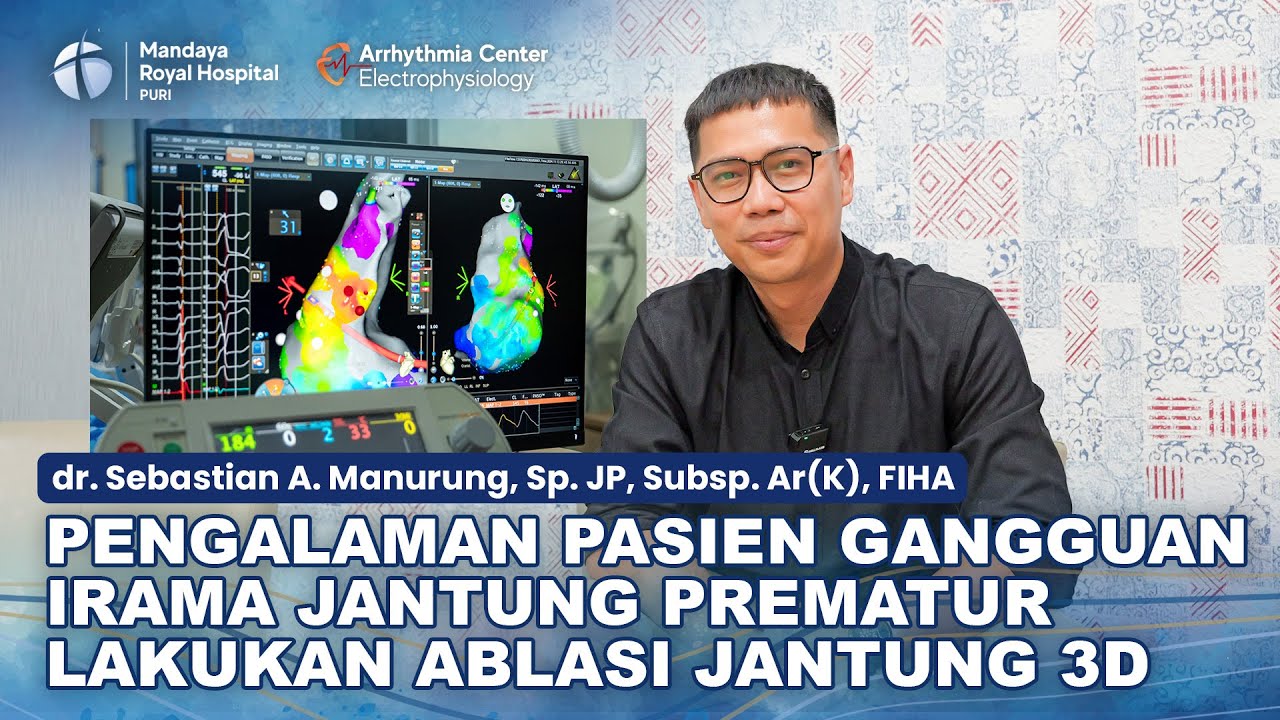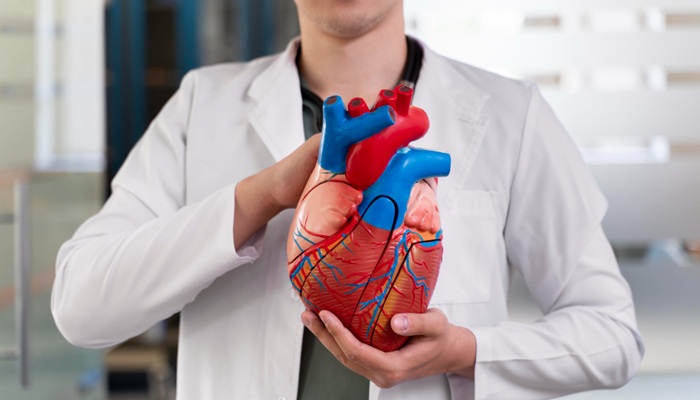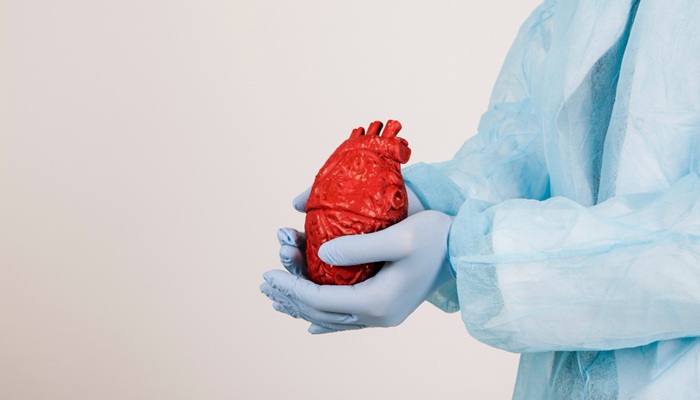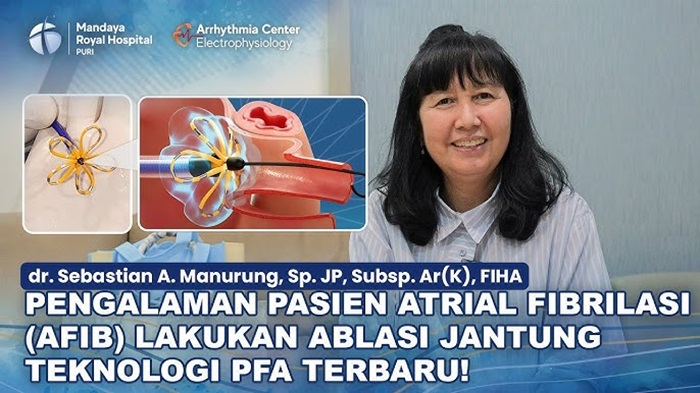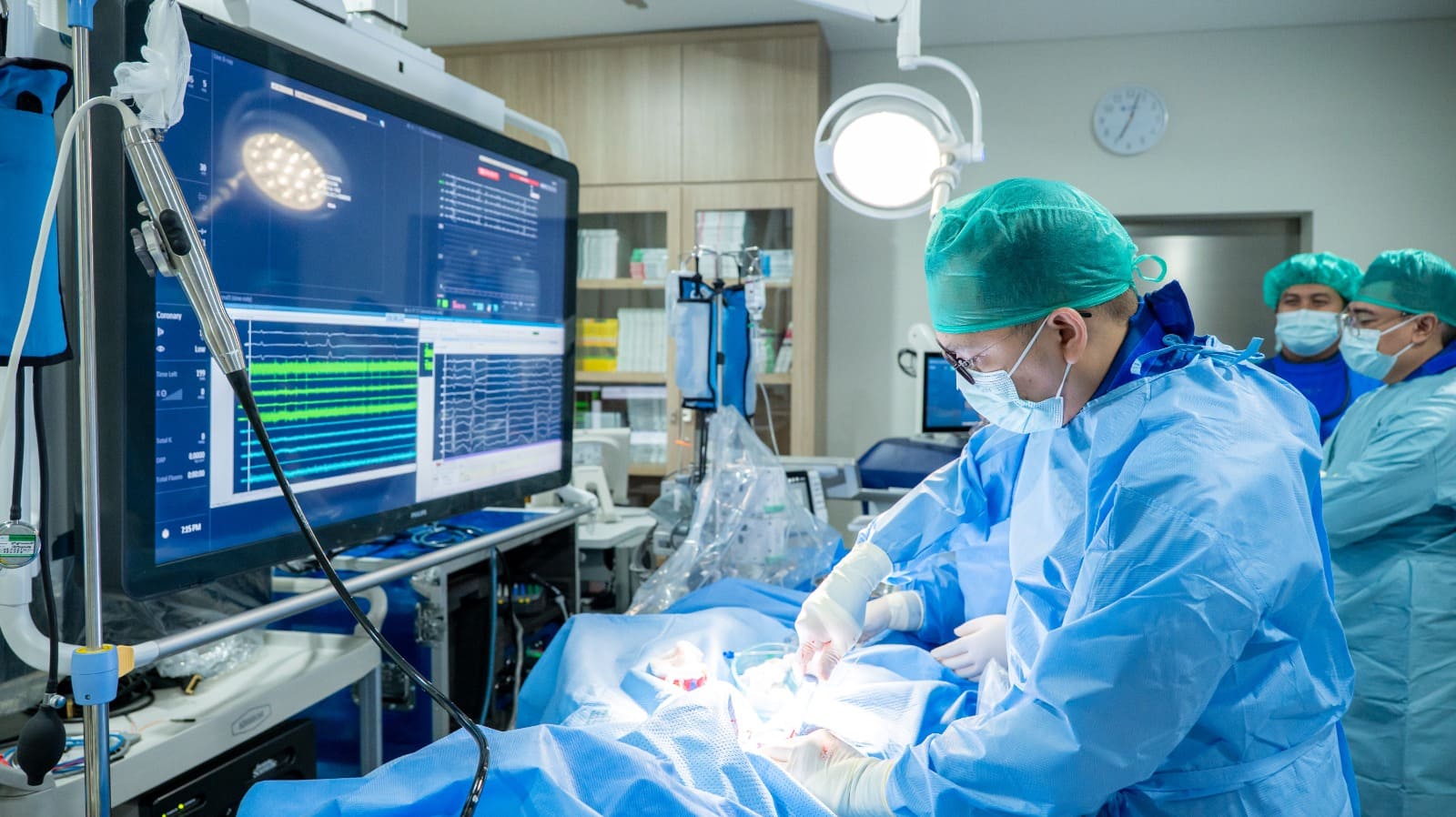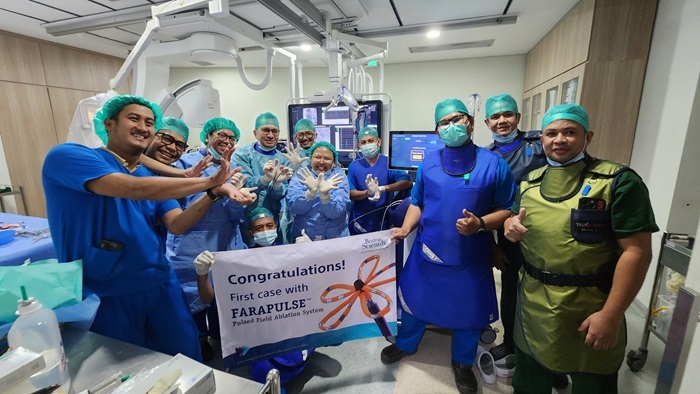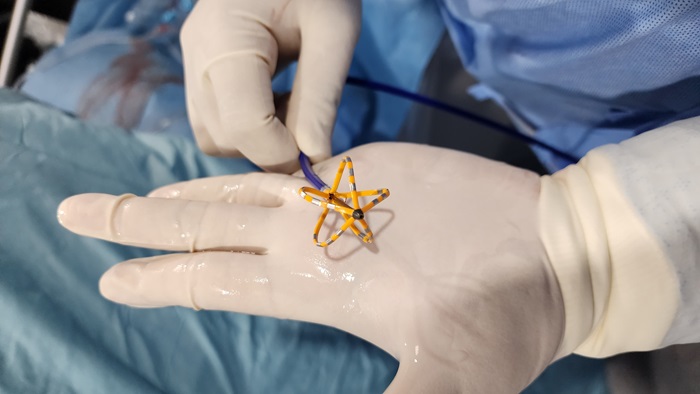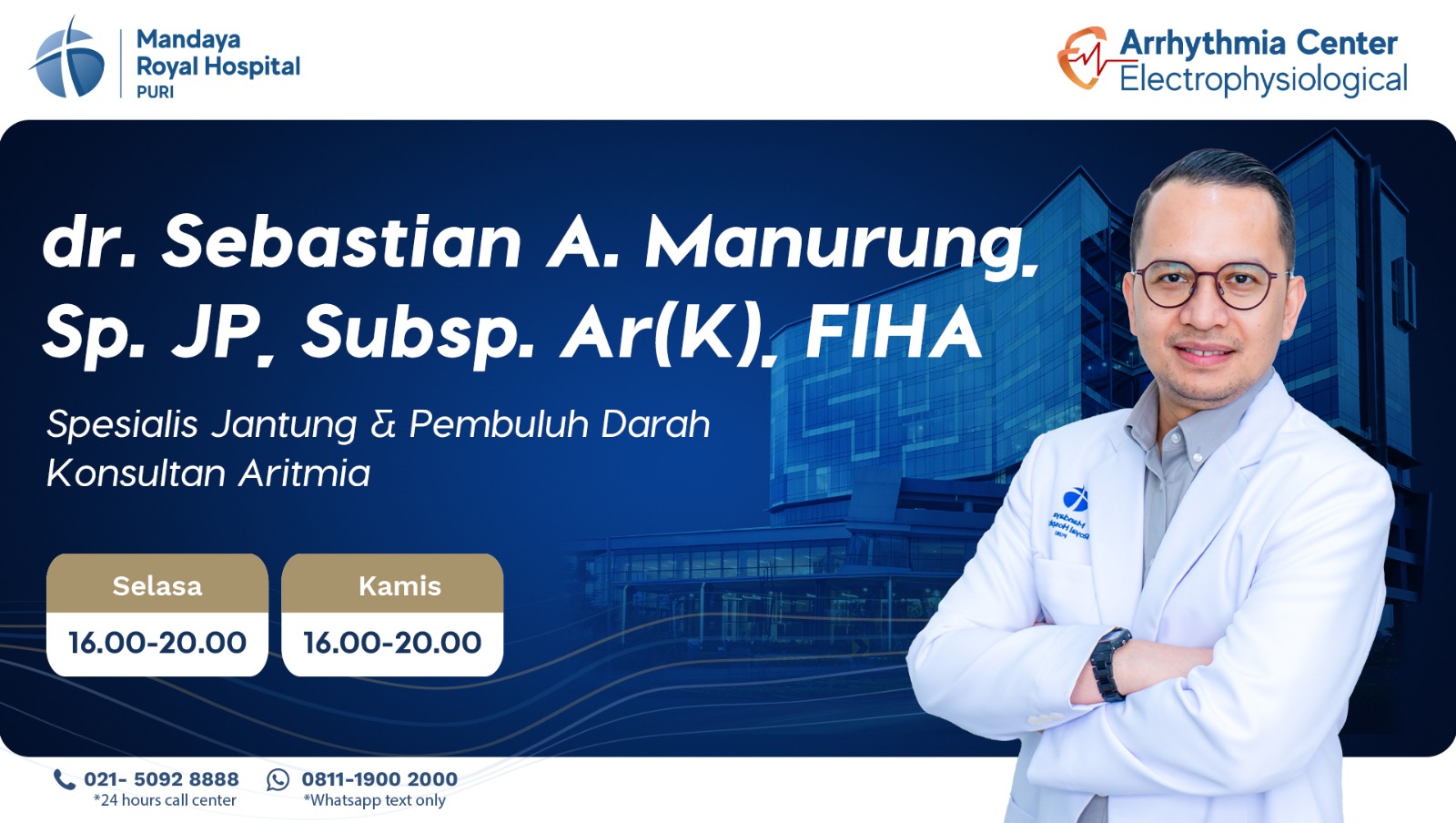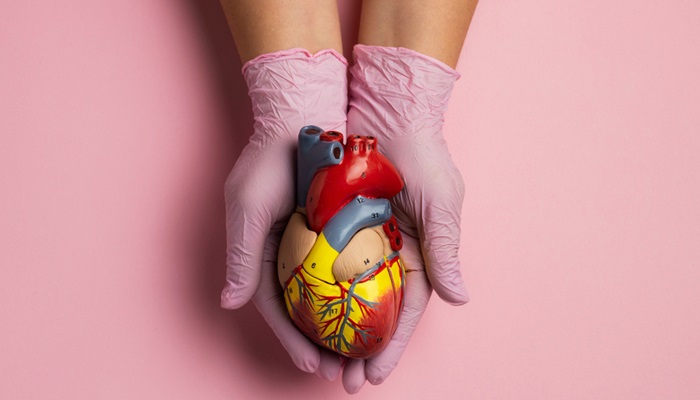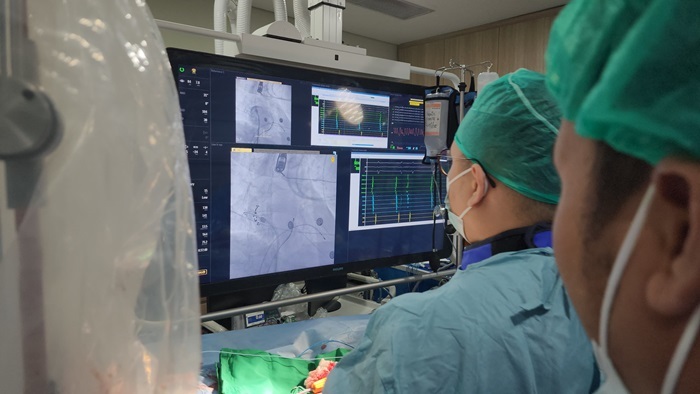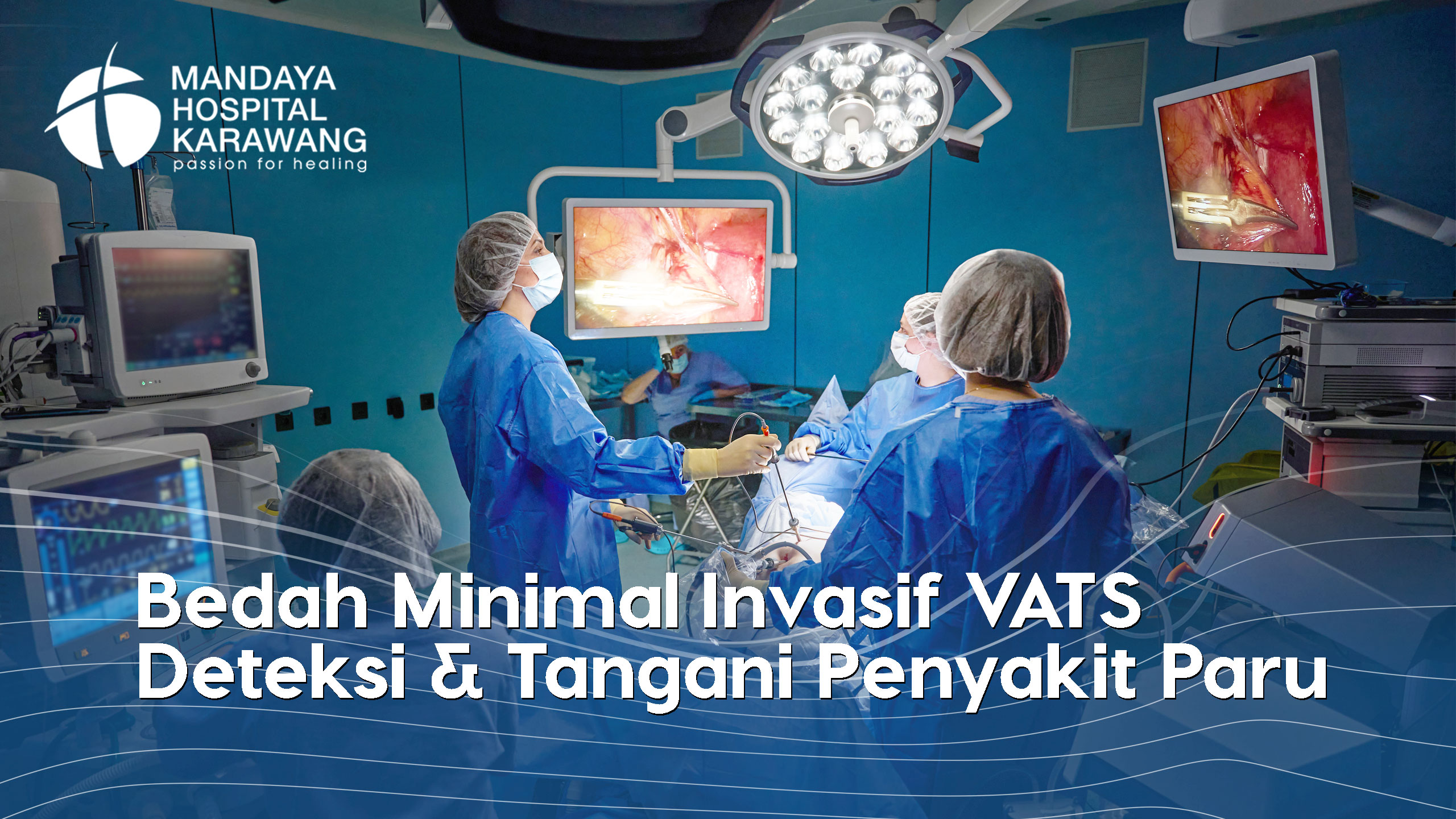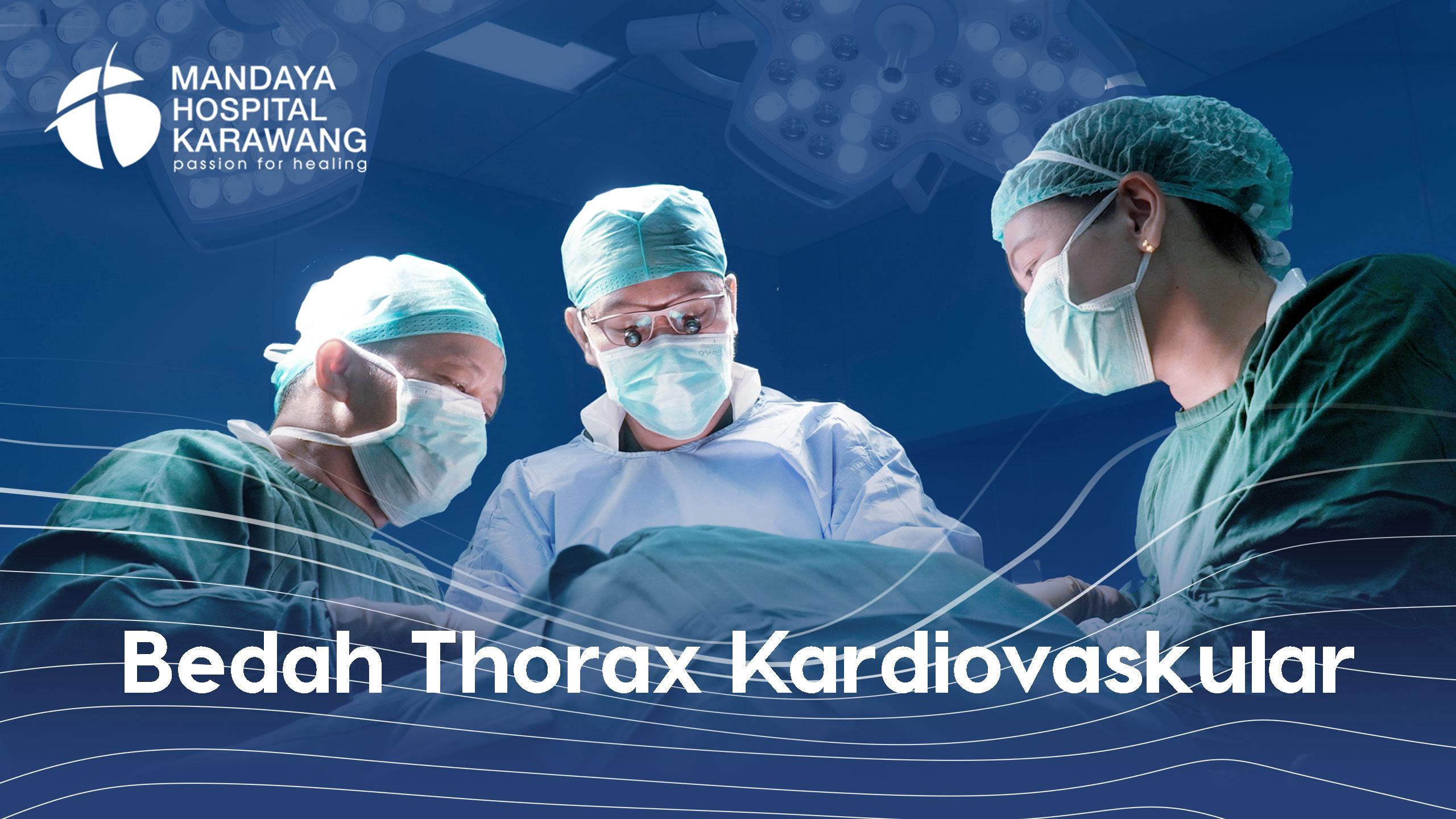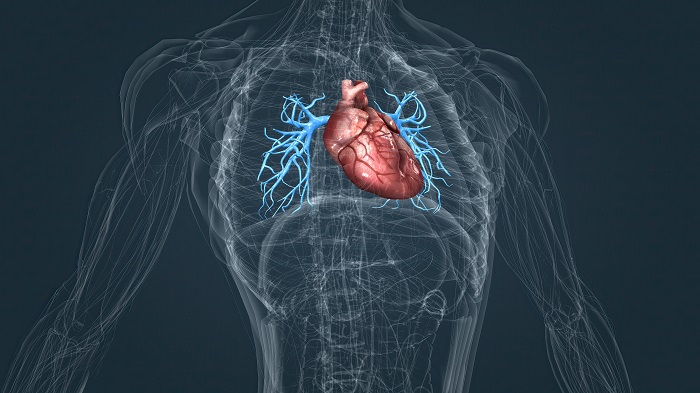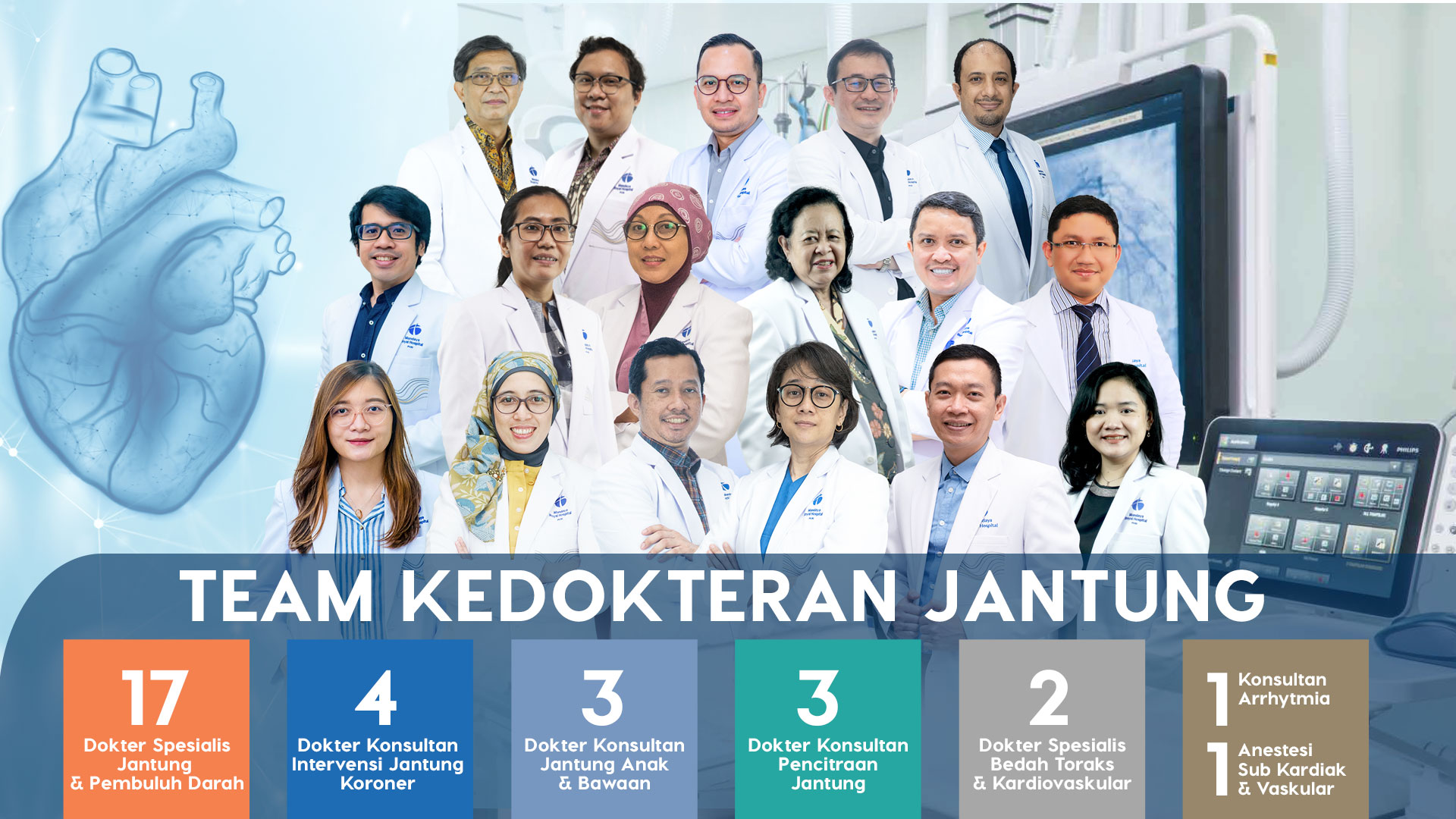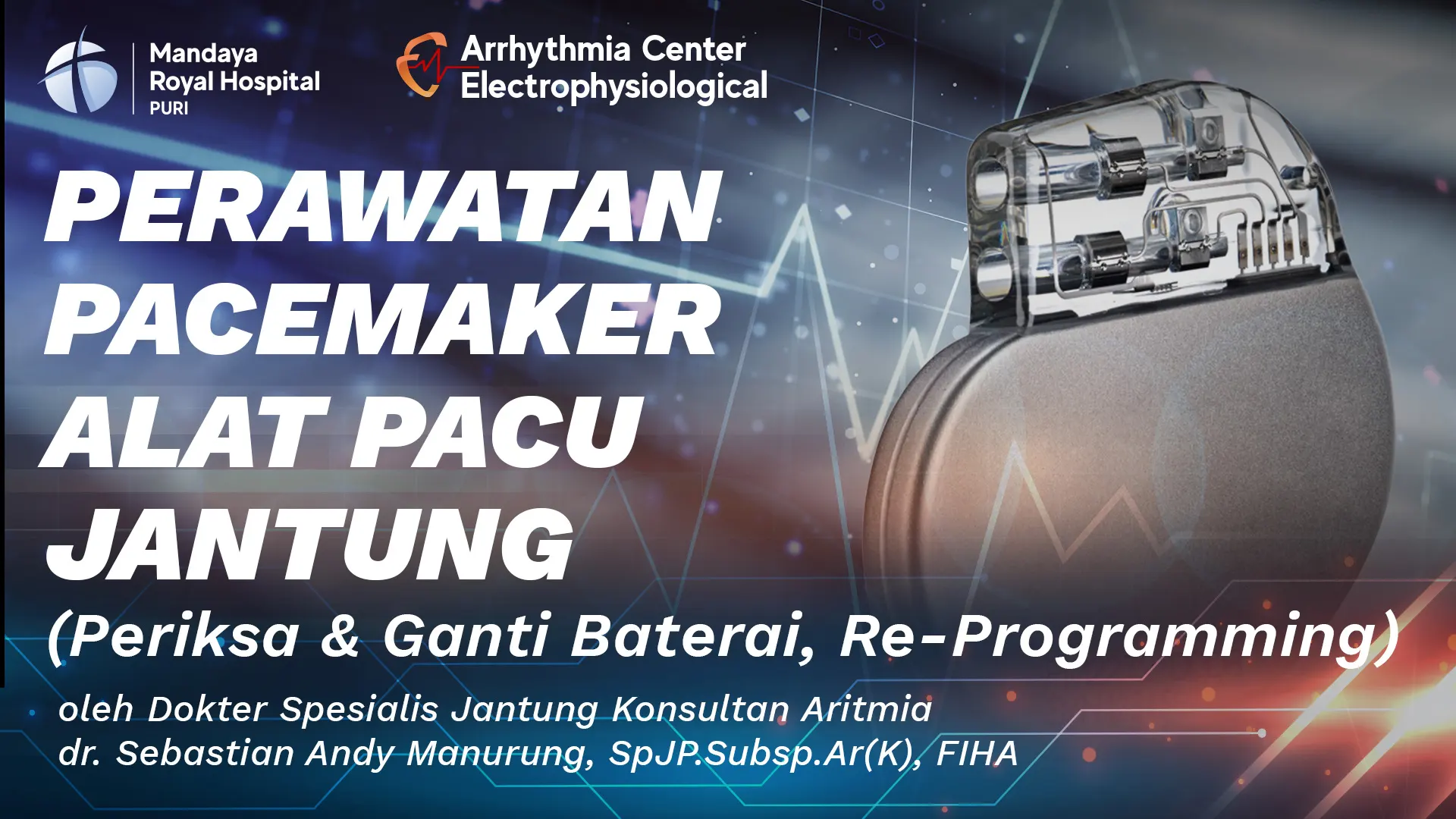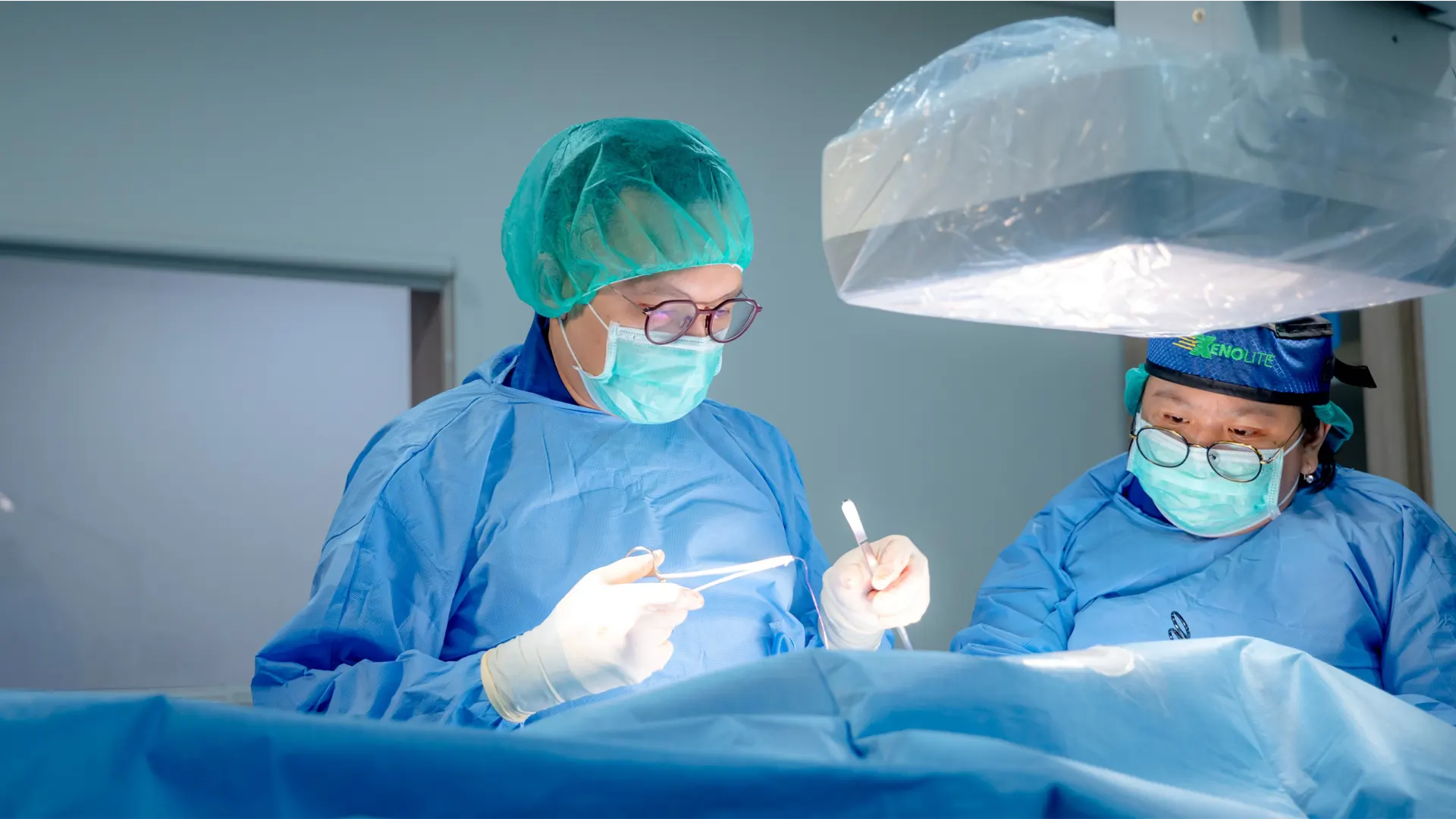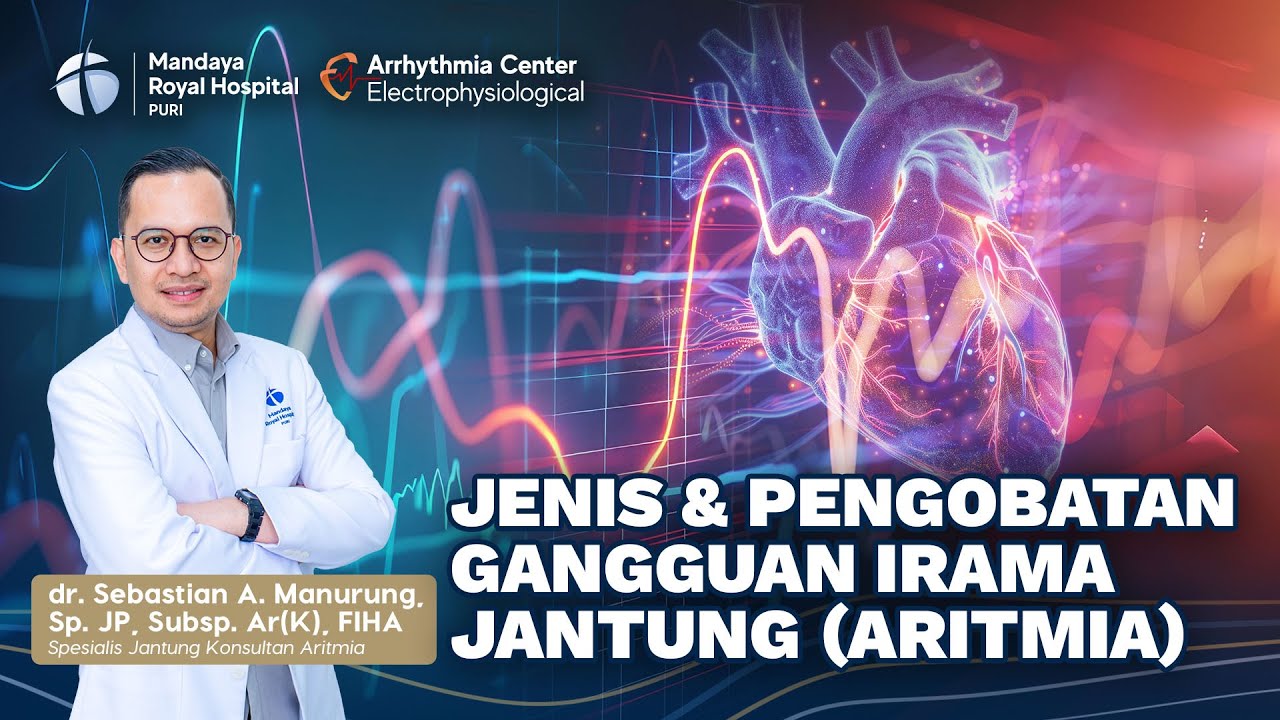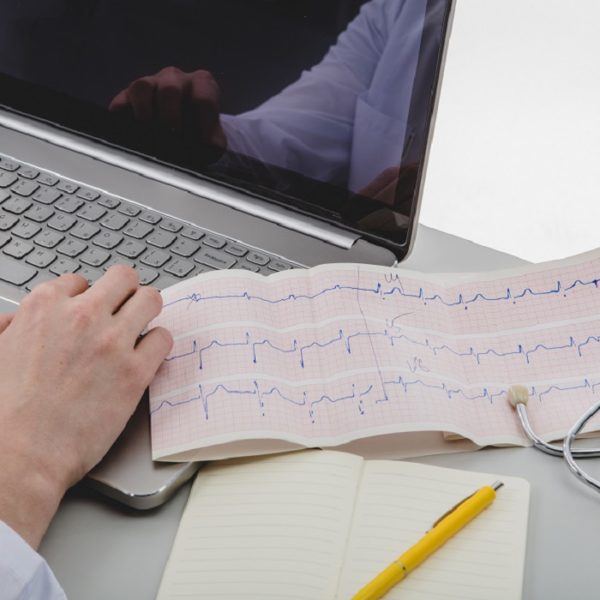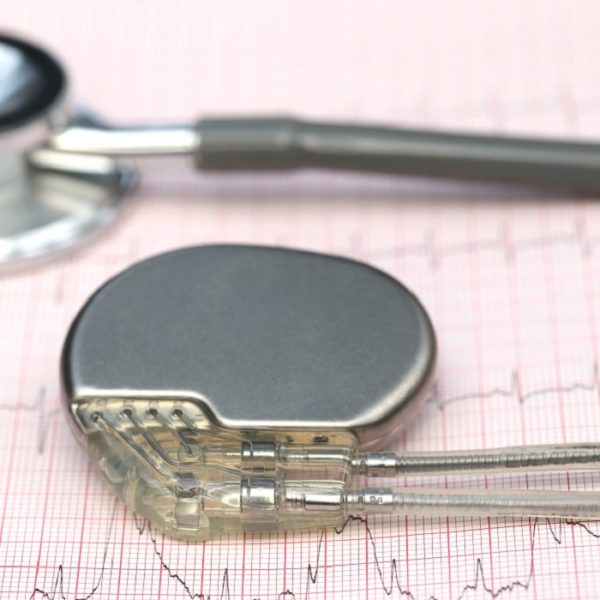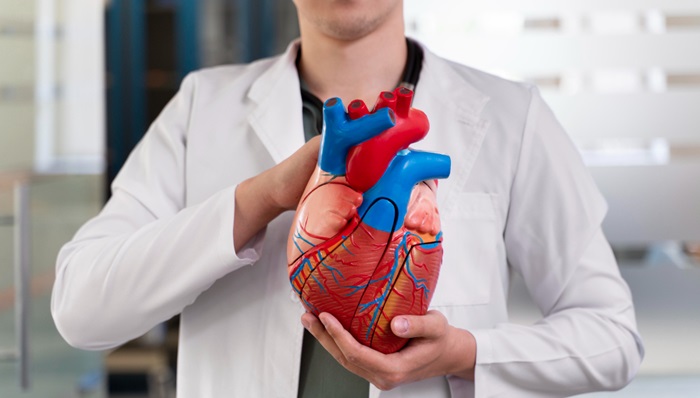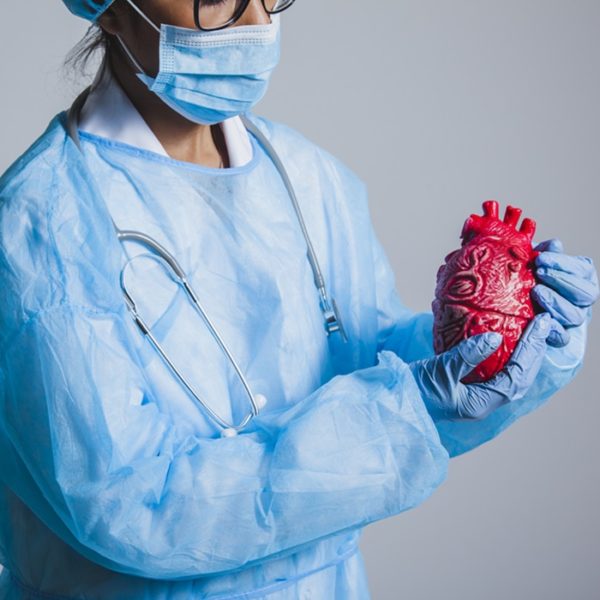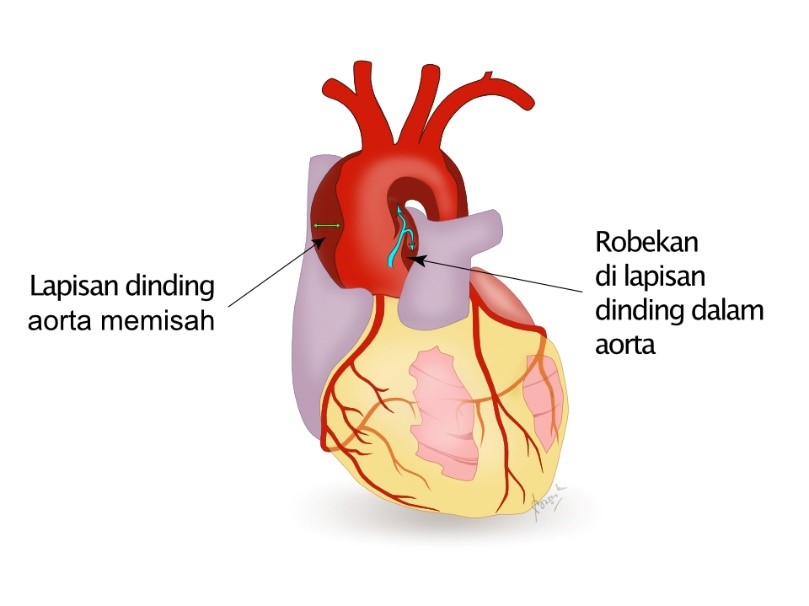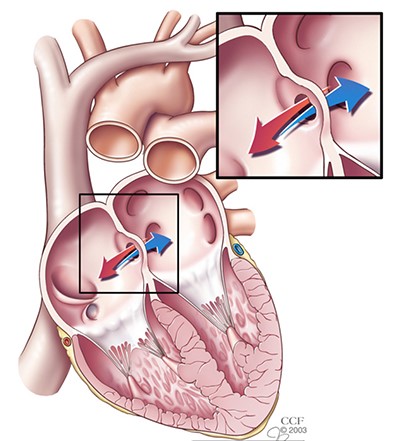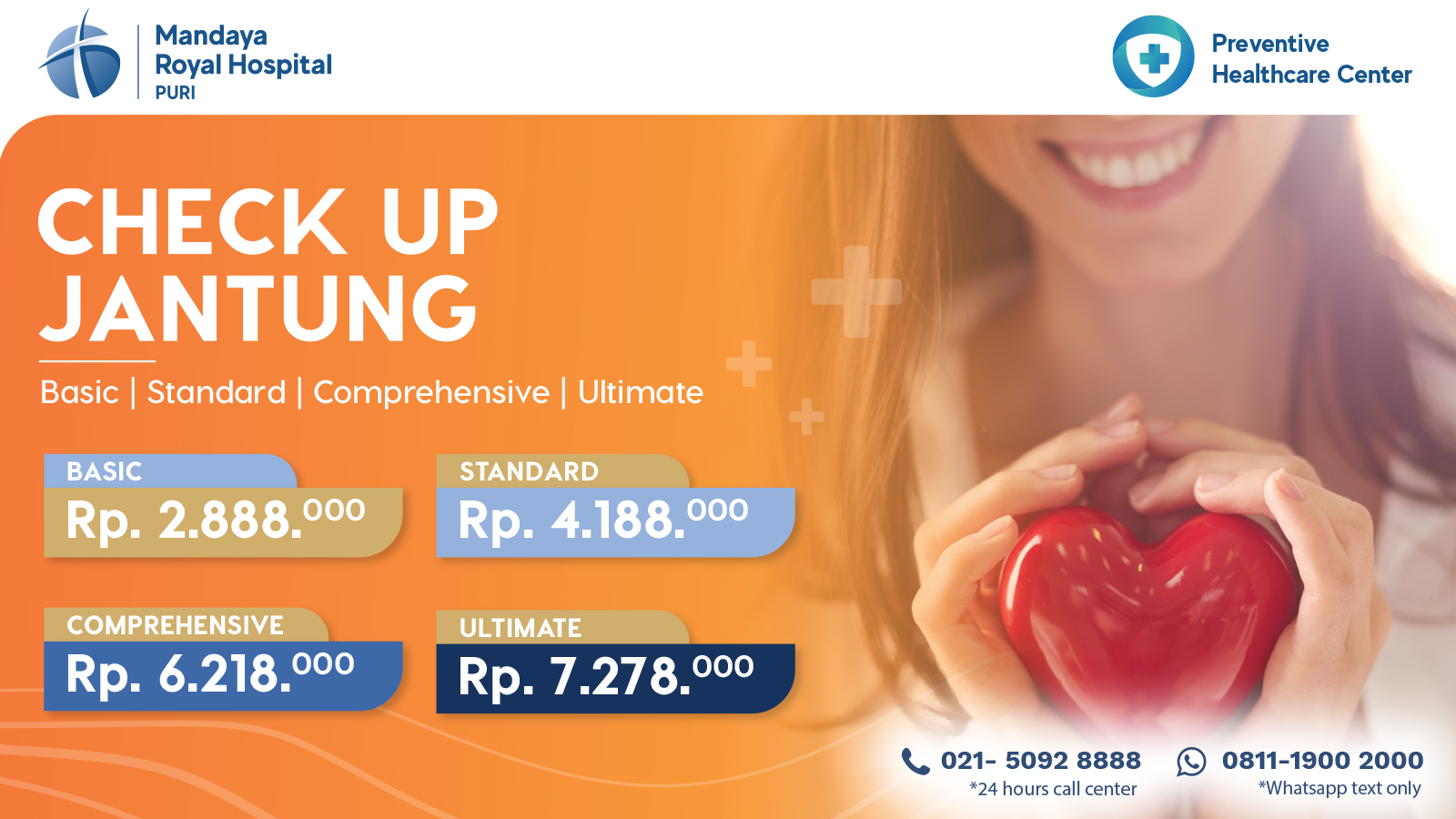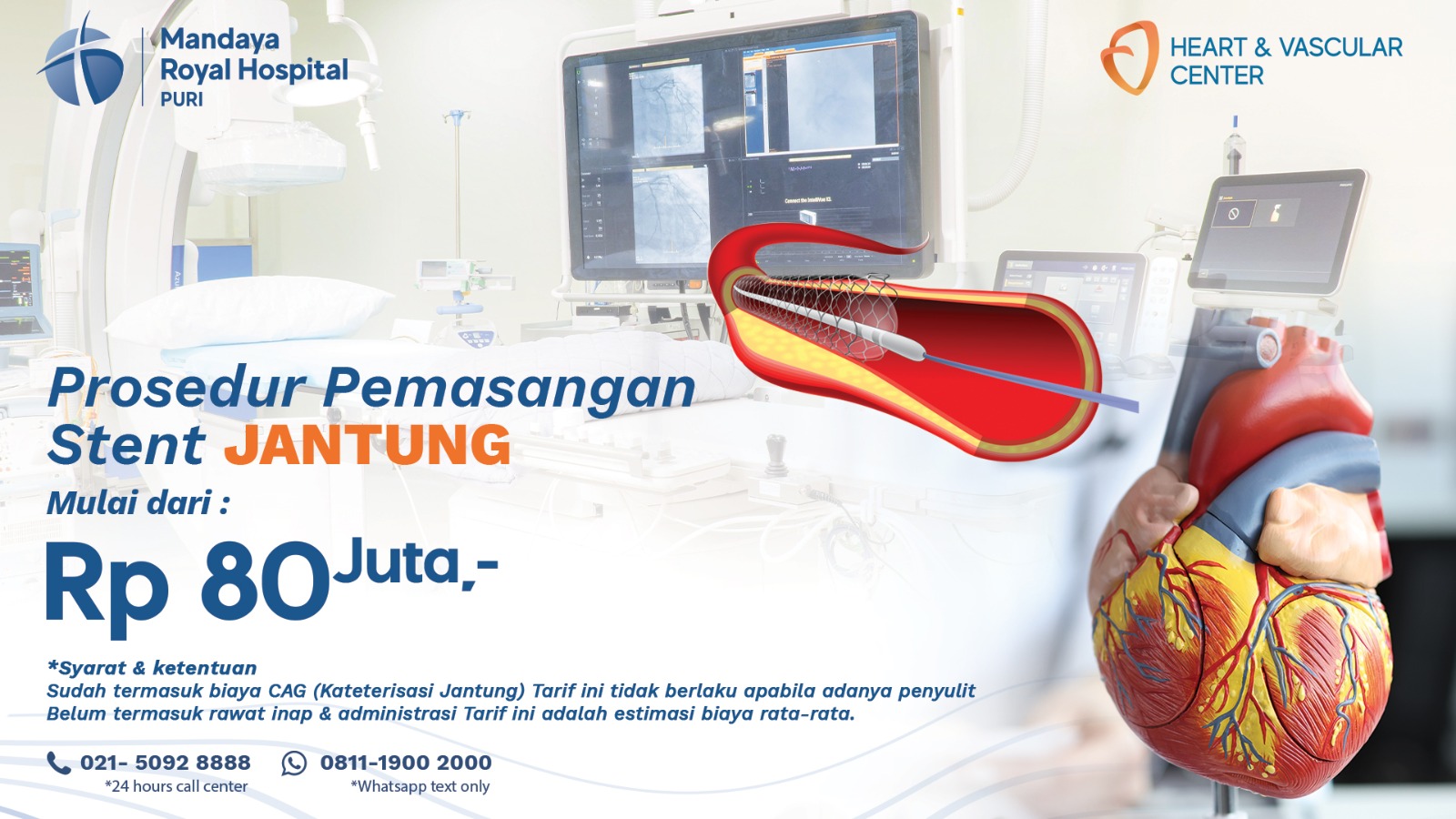What is Cardiomegaly?
Cardiomegaly is a condition characterized by an enlarged heart. This condition is not a disease in itself, but rather a symptom of another underlying condition.
The term “cardiomegaly” refers to heart enlargement seen on imaging tests, such as a chest X-ray. Once an enlarged heart is detected, other tests are needed to diagnose the condition causing the heart to enlarge.
Symptoms of Cardiomegaly
In some individuals, an enlarged heart does not cause any signs or symptoms. However, others may experience the following symptoms:
- Shortness of breath, especially when lying down
- Waking up feeling short of breath
- Irregular heartbeat (arrhythmia)
- Swelling (edema) in the abdomen or legs
- Fatigue
- Heart palpitations
- Low energy levels
Causes of Cardiomegaly
Several conditions are associated with an enlarged heart, including:
- Congenital heart defects: Heart problems present at birth can affect the heart’s structure and function, leading to muscle enlargement and weakness.
- Damage from a heart attack: Scarring and other structural damage from a heart attack can make it harder for the heart to pump enough blood throughout the body. This strain can enlarge the heart and lead to heart failure.
- Cardiomyopathy (heart muscle disease): Cardiomyopathy can cause the heart muscle to become stiff or thick, making it more difficult for the heart to pump blood.
- Fluid buildup in the sac around the heart (pericardial effusion): Accumulation of fluid around the heart can appear as an enlarged heart on a chest X-ray.
- Heart valve disease: The four heart valves ensure proper blood flow direction. Damage or disease in one of these valves can disrupt blood flow and cause heart chamber enlargement.
- High blood pressure (hypertension): If someone has high blood pressure, the heart may have to pump harder to circulate blood throughout the body. This extra effort can cause the heart muscle to enlarge and weaken.
- Pulmonary hypertension (high blood pressure in the lungs’ arteries): The heart must work harder to pump blood between the lungs and heart, which can thicken or enlarge the right side of the heart.
- Low red blood cell count (anemia): Anemia results in a shortage of healthy red blood cells to carry enough oxygen to tissues. To compensate, the heart pumps more blood, which can lead to enlargement.
- Thyroid disorders: Both underactive (hypothyroidism) and overactive (hyperthyroidism) thyroid glands can cause heart problems, including heart enlargement.
- Excess iron in the body (hemochromatosis): Iron can accumulate in various organs, including the heart, leading to swelling of the lower left heart chamber.
Diagnosing Cardiomegaly
Doctors may perform several tests to determine the cause of cardiomegaly, including:
- Echocardiogram: Uses sound waves to detect problems in the heart chambers.
- Electrocardiogram (ECG or EKG): Monitors electrical activity in the heart to diagnose irregular heart rhythms and ischemia.
- Blood tests: Check for substances in the blood linked to conditions causing heart enlargement, such as thyroid disease.
- Stress tests: Involves walking on a treadmill or cycling while monitoring heart rate and breathing to see how hard the heart works during exertion.
- CT scan: Uses X-rays to produce detailed images of the heart and other chest structures, useful in diagnosing valve disease or inflammation.
- MRI scan: Uses powerful magnets and radio waves to create images of the heart.
Treatment for Cardiomegaly
Doctors will provide a treatment plan based on the underlying cause of cardiomegaly. Examples include:
- Hypertension: ACE inhibitors, angiotensin receptor blockers (ARBs), and beta-blockers
- Irregular heartbeat: Antiarrhythmic drugs, pacemakers, and implantable cardioverter-defibrillators (ICDs)
- Heart valve problems: Surgery to repair or replace damaged valves
- Coronary artery narrowing: Angioplasty with stent placement, coronary bypass surgery, and nitrates
- Heart failure: Diuretics, beta-blockers, inotropes, angiotensin receptor neprilysin inhibitors (ARNIs), and in some cases, a left ventricular assist device (LVAD)
Have specific questions about cardiomegaly or other heart conditions? Visit Mandaya Royal Hospital Puri. Our hospital is equipped with modern medical technology to handle a variety of heart issues. You can also consult with our experienced cardiologists.
Make an appointment easily through the Chat feature via WhatsApp, Book Appointment, or download the Care Dokter app on Google Play or the App Store to simplify your visit, view queue numbers, and get other important information.
























